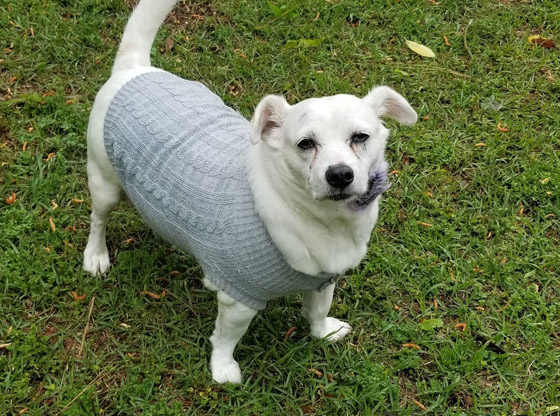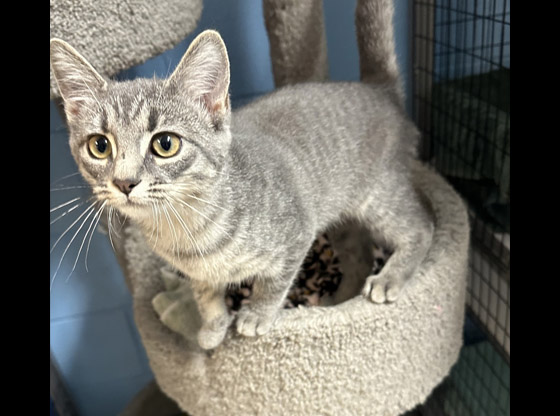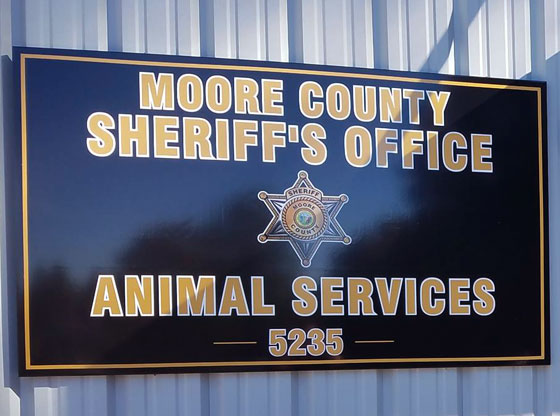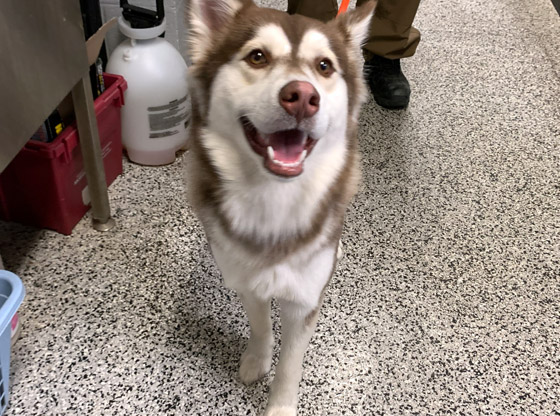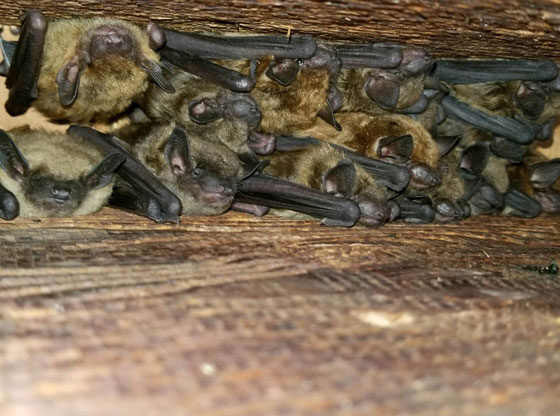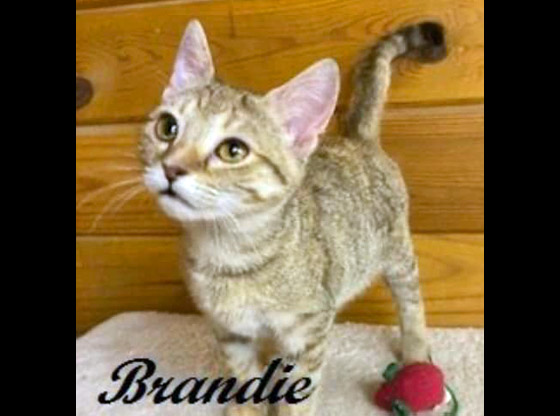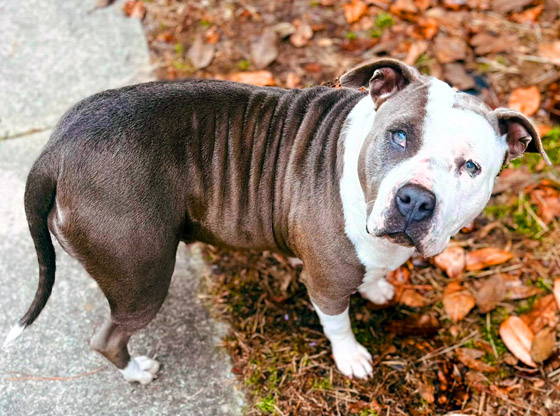Consumers have lost thousands of dollars to pet-related online purchase scams for years, but a spike in pet-related scams following the start of the COVID-19 pandemic put more at risk. Better Business Bureau serving Eastern North Carolina (BBB) is warning consumers to beware of fake pet ads ahead of Easter, a popular holiday for the purchase of bunnies, puppies, and other animals.
“Long before the pandemic, puppy scams have been a prevalent con here in North Carolina,” said Mallory Wojciechowski, president and CEO of BBB serving Eastern North Carolina. “The pandemic presented an opportunity for scammers to capitalize on increased online activity, which doesn’t show any signs of slowing down, so consumers need to remain diligent in fact-checking all of their online purchases.”
The recent BBB Risk Report revealed pet scams were the riskiest scam type in 2020 and one-third of all online purchase scams reported to BBB Scam Tracker were related to pet products. 70 percent of people exposed to the scam lost money and online purchase scams related to pets had a median dollar loss of $750.
How the scam works:
While searching online for a new furry friend you happen across your dream puppy. The only problem is the seller is located in another state, so you won’t be able to see the dog before you purchase it. Despite your suspicions of this being a scam, you pay the money and wait for your puppy to arrive. A couple days later, you receive a call from the seller asking for an additional sum of money to cover unforeseen expenses. As the weeks pass and no still no puppy, you soon realize you have been a victim of the puppy scam.
BBB offers the following advice for your pet purchase:
Take the time to research any breeders and owners you are considering. Make sure you are buying from a reputable seller. You can start your search by going to org. Also be sure to verify the animal has all the necessary vaccines and ask for documentation.
Don’t buy a pet without seeing it first in person. Scammers often find images of cute animals off the internet. You can do a reverse image search to see if the photo was taken from another site. If multiple sites appear, it is likely a scam.
Be wary of anyone who requires an initial deposit via wire transfer or anyone who offers to ship your pet. These are both common practices of scammers. Once money is sent, scammers take off and are never heard from again.
Adopt, don’t shop. Approximately 6.5 million pets enter U.S. animal shelters nationwide every year. An estimated 1.5 million of those shelter animals are euthanized. Check out your local animal shelter to find your new best friend!
Make sure you’re ready. If considering purchasing a pet for yourself or someone else, make sure you and/or the recipient are ready for the responsibility that comes with being a pet parent. Statistics show that holidays are a common time for pets to be purchased as gifts, but unfortunately many end up being returned.
Report the scam. Warn others of the scam. You can file a report on BBB Scam Tracker and spread the word on com.
For more information you can trust, visit bbb.org.
Contributed.





